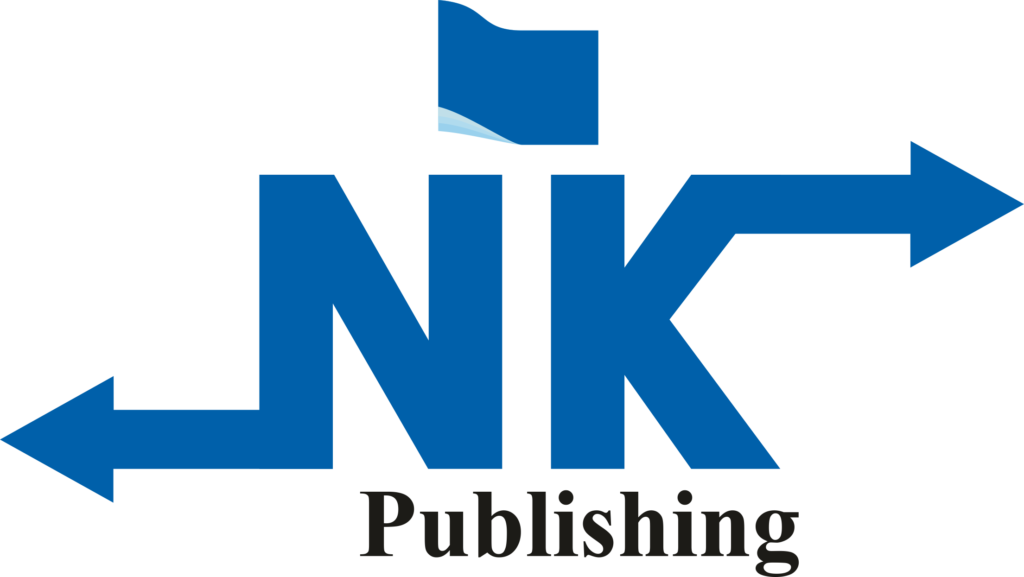PAPER ID: IJIM/Vol. 9 (VII) November/9-17/2
AUTHOR: Akoh Hannah Taiwo[I] Prof. S. O. Uwaifo[II]
TITLE: DIGITAL LITERACY AND ACADEMIC PERFORMANCE OF UNDERGRADUATES IN FEDERAL UNIVERSITIES IN NORTH CENTRAL, NIGERIA
ABSTRACT: The study investigated digital literacy and academic performance of undergraduates in federal universities in North Central, Nigeria. Three research questions guided the study. The population for this study was 1,189 undergraduates. The sample of the study consists of 238 undergraduates. The study covered 100, 200, 300 and 400 LIS undergraduates in federal universities in North Central, Nigeria. The study employed a correlational research design. The population of the study was 1,189 undergraduates, from which a sample of 238 representing 10% was selected employing the proportionate sampling technique. The questionnaire was the only instrument used for the collection of data. A total of 238 copies of the questionnaire were administered to the respondents, while 224 (94%) copies were retrieved and used to carry out the study. The data collected were analysed using descriptive (frequency, percentage and mean) and inferential (Pearson’s product moment coefficient). The criterion mean of 2.50 and 0.05 alpha levels were used to answer the research questions. The findings of the study revealed that the majority (82, 36.6%) of the undergraduates in federal universities in North Central Nigeria are in the Second Class Honour Upper Division which implies that their academic performance is good. The extent to which the undergraduates in federal universities in North Central Nigeria possess digital literacy skills for academic performance is high (Agg. x̄ = 3.94, Crit. x̄ = 3.00). It was equally found in the study that a significant relationship exists between undergraduates’ digital literacy and academic performance [(r = 0.913, P = 0.000); p<0.05)]. The conclusion was drawn that a high level of digital literacy skills possessed among students suggests a robust capability to leverage technology for academic success. The study recommends among other things that given that the majority of undergraduates are achieving good academic performance (Second Class Honours, Upper Division), it is crucial to continue providing robust academic support systems. This includes offering tutoring services, academic advising, and creating an encouraging academic environment to maintain and further improve these performance levels.
KEYWORDS: Digital Literacy; Academic Performance; Undergraduates; Programme
![]() Click here to Download full text
Click here to Download full text

 Impact Factor : 6.225
Impact Factor : 6.225